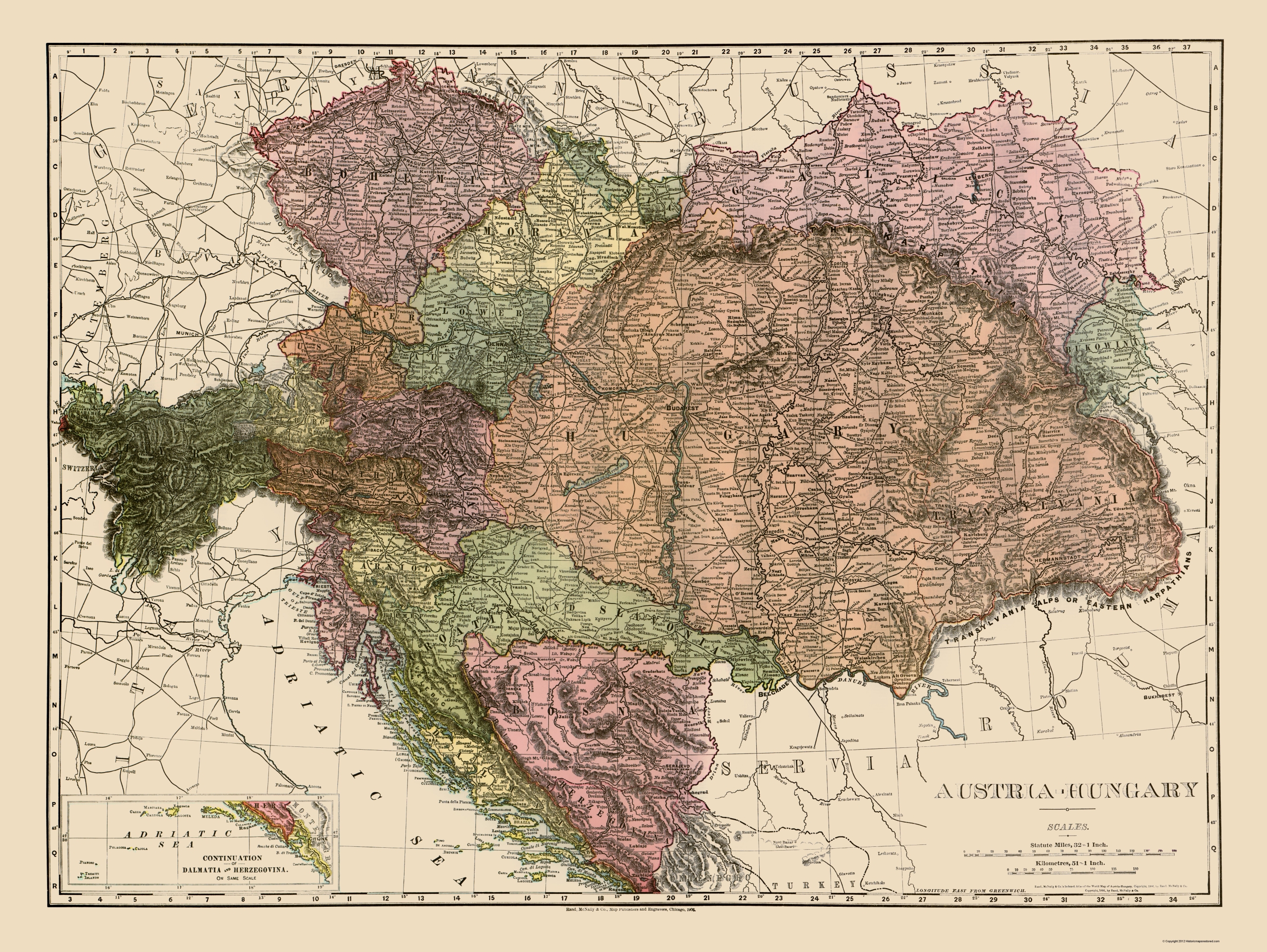
43rd Annual Conference on the Political Economy of the World-System
Albert-Ludwigs-University of Freiburg, Germany
Topic: 2. The Balkans’ inter-imperial linkages
Eastern Europe is the “black sheep” of postcolonial studies: its colonial experiences have been routinely missed out from the relentless focus on (post)colonial centres and peripheries. Since the 1990s, postcolonial literature has extended Orientalism to the Western construction of Eastern Europe and the Balkans, and has reinterpreted colonial relations with regards to Soviet imperialism, the postsocialist transition, the European integration, and Eastern Europe’s role in decolonization and socialist globalization. However, due to dominant historical narratives, the imperialist or colonialist ambitions of Eastern or East Central Europe seem to go against the grain, since these countries were often colonized, rarely or never held any colonies, and did not have any significant colonial ambitions.
This contradiction may be resolved by revising the restrictive Western-Atlantic narrative of global history and the territorial understanding of colonialism, and look into the various ways colonialism and imperialism were spatially practiced and geographically imagined in Hungary. Hungarian geographical knowledge production from the mid-19th to the mid-20th centuries related to the Balkans is a demonstrative case study of semiperipheral imperialism. Hungarian imperialist ambitions grew from the economic boom in the late 19th century and Austro-Hungarian geopolitical interests to secure southern areas against Russia, Turkey and Serbia. Although the tragic defeat in WWI led to the Hapsburg Empire’s demise, huge Hungarian territorial losses and defensive revisionism, these only replenished arguments for Hungarian civilizational superiority in the region.
Hungary’s semiperipheral “in-between” position constructed a complex and ambivalent imperialist-nationalist discourse on various intertwined scales. On the global scale, Hungary was imagined as part of an Empire and the superior white race and civilization. The country was an active observer, participant, and benefiter of “high imperialism”, and Hungarian Balkanism was both deeply intertwined with and a semiperipheral compensation to global colonialism. Standing at both a global civilizational fault line and exchange border, Hungary’s “turn to the East” represented a geopolitical rhetoric of developing Orientalism, approaching the post-Ottoman Balkans, and searching for the Hungarian homeland in Central Asia as an attempt at East-West maneuvering and cultural imperialism in the Asian continent. On the European scale, Hungary countered (mostly) German and Austrian hegemony and Western Europe, but also expanded national hegemony by upholding the merits of European civilization against the half-European periphery and the non-European world, acting as the “lord protector” of Christian Europe against the Muslim East. On the regional scale, the Carpathian Basin became the stage of a Hungarian “civilizing mission” towards culturally backward and “half-Europeanized” landscapes, in order to both bring and protect European civilization by upholding a “bridge” role and an essential “healthy mix” of Eastern and Western traits. The ideal nation-bearing hearthland landscape of the Alföld basin was geographically co-constructed in relation to the Balkan “Other”, while imperialist visions of cultural and economic expansion were naturalized by transforming the “wild” Karst and opening to “the Hungarian sea”. The Balkans offered a gateway to sovereign Hungarian development by de-linking from Western dependency and maturing as a true European nation by linking through active maritime participation to the global colonial world.
See an earlier version of this project here.
© Copyright – Content is protected by copyright!
Ginelli, Z. (2019): Plotting the Semiperipheral Empire: Hungarian Balkanism and Global Colonialism in Geographical Knowledge, 1867–1948. Critical Geographies Blog, 2019.03.18. Link: /2019/03/18/plotting-the-semiperipheral-empire-hungarian-balkanism-and-global-colonialism-in-geographical-knowledge-1867-1948